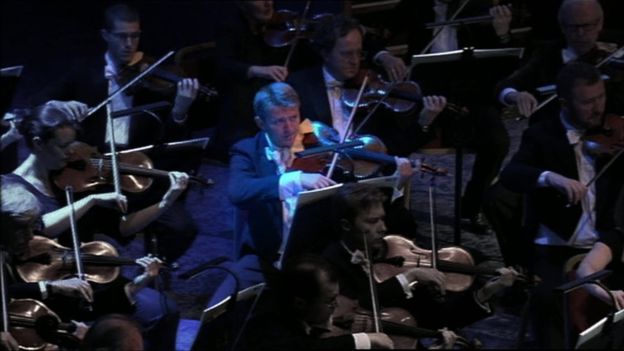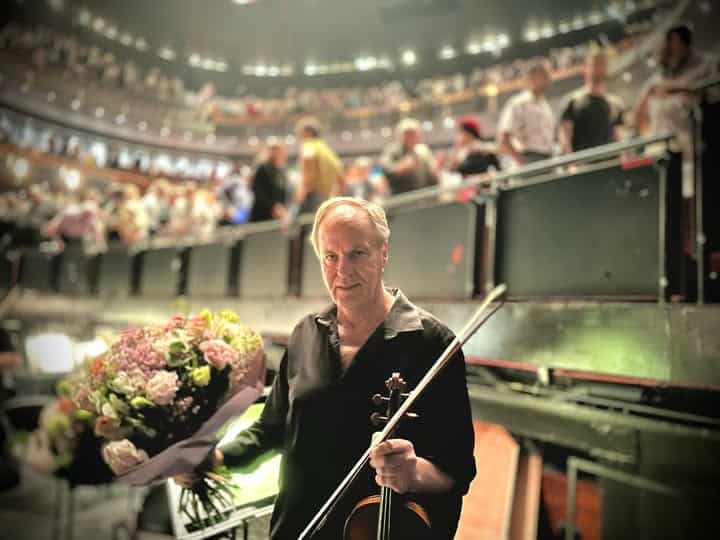Just in: Viola player wins major noise case against Covent Garden
mainChris Goldscheider, who sued the Royal Opera House over life-altering hearing loss while playing Wagner operas, has won a landmark case in the High Court.
The judge ruled he had suffered ‘acoustic shock’, a condition which the opera house refused to recognise. Mr Goldscheider said he was directly impacted by noise from the brass section until he was forced to retire in 2014.
Mrs Justice Nicola Davies said: ‘Musicians are entitled to the protection of the law, as is any other worker.’
Damages have yet to be assessed. The case will have implications for every opera house on earth.
More here.






Comments